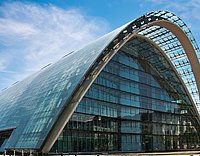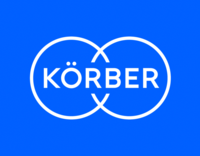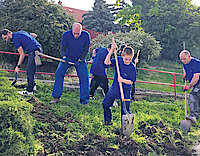Using specialist knowledge to identify problems and find solutions for more sustainable and more energy-efficient products is important to me. This is the case, for example, with the K.Move BeltConveyor, our modular package sorting system, which we are currently improving on the basis of a comprehensive life cycle assessment. In principle, the product should, in the future, have fewer complex components and weigh less in the interests of energy efficiency.
Here we mainly looked at the parameters of speed, belt, and tension. Speed has the greatest effect on energy efficiency. If we reduce it from two and a half to one and a half meters per second, this means a saving of 65 percent. In the future, we also plan to install only two rollers instead of four, which are docked directly to the drive to reduce resistance. Flexible low-friction belts with less tensile force and a special coating result in less friction inside the K.Move BeltConveyor. In concrete terms, this means an energy saving of a further 15 percent.
In the development department, we have just built a conveyor system made entirely of wood. It’s currently being tested in our laboratory at the site of the Körber Business Area Supply Chain in Konstanz, Germany. Wood consumes less energy than steel, but whether it really is the more sustainable material in the long run is something we are currently trying to find out. I continuously share my new findings with the other think tank members and look forward to the outcome.”
















